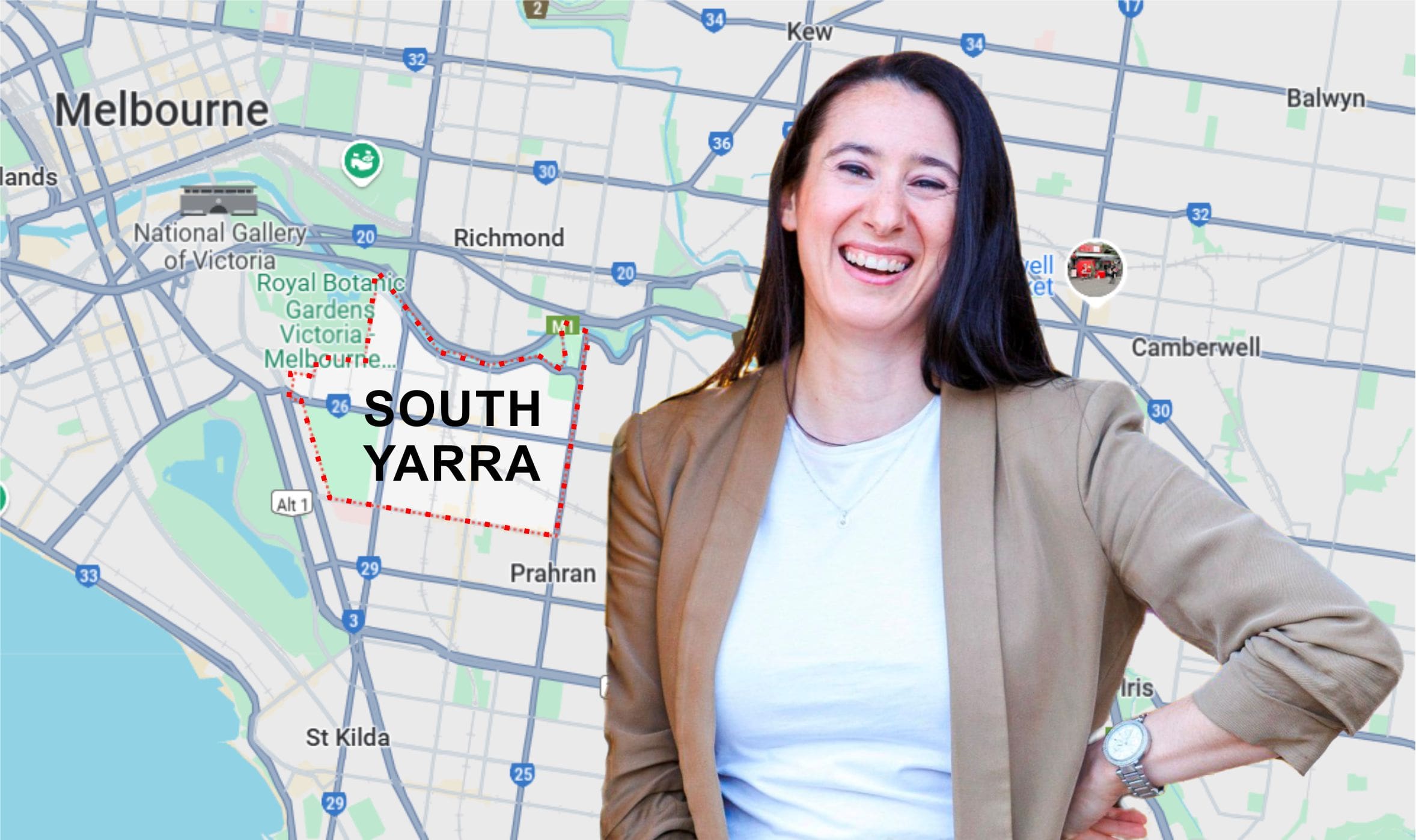In less than 5 minutes, discover the benefits of hiring a good South Yara conveyancer and tips for determining the right expert for your needs. With practical advice and insights, you’ll be better equipped for a smooth property transaction.
South Yarra Property Lawyer and Conveyancer: 101 Guide
Property lawyers and conveyancers assist clients in navigating the complexities of South Yarra property law. Whether you are handling residential or commercial properties, having the right legal representation will significantly impact the outcomes of your property dealings.

Roles and Responsibilities of South Yarra Conveyancing Lawyers
The roles of a Property Lawyer and a Conveyancer may overlap, yet each offers distinct expertise. A Property Lawyer primarily focuses on legal representation and managing complex property disputes, while a Conveyancer specialises in the conveyancing process, which includes handling property documentation and facilitating completion.
Although their roles are different, they are complementary. For instance, a Property Lawyer conducts legal analyses to guarantee that all transactions comply with relevant statutory regulations and is responsible for drafting and negotiating contracts to minimise the risk of disputes that could lead to costly litigation. In contrast, a good South Yarra conveyancer has the expertise to oversee the entire property transfer process, including conducting property searches, preparing legal documents, and liaising with banks and other financial institutions to facilitate completion.
Why You Need a Property Lawyer or Conveyancer
Without the assistance of a property lawyer or conveyancer, you risk making costly mistakes during a real estate sale, especially in a fast-moving market like South Yarra.

Choosing the Right Property Lawyer or Conveyancer in South Yarra
Choosing the right property solicitor or conveyancer will positively affect your overall property purchase experience, especially in competitive markets like South Yarra.
Important factors to consider include their level of experience, whether they meet with clients in person or online, and their transparency regarding conveyancer fees. A competent property professional will not only provide you with legal representation but will also assist you in negotiating the best deal for your property.
Factors to Consider
When choosing a property solicitor or conveyance for a South Yarra property purchase, several factors should be considered. Assess:
- experience in property law,
- determine whether they specialise in residential or commercial property,
- review their feedback from previous clients and businesses.
Given the complexity of conveyancing regulations in various regions, selecting a reliable property lawyer or conveyancer with a strong background in property law is critical for successful execution. Examine their fee structure, including legal fees and any hidden costs, before making a hiring decision. The right solicitor or conveyancer will possess in-depth knowledge of their field while also tailoring their services to meet the specific needs of your case.
The Process of Property Conveyancing
The conveyancing process consists of several fundamental steps, including conducting a title search, preparing and reviewing property documentation, and performing due diligence to confirm all legal obligations are satisfied before completion.

Step-by-Step Guide
The conveyancing process consists of several fundamental steps, including a title search, property settlement preparation, and other legal procedures. The listed processes are important for buyers and sellers since the property buying and selling process in South Yarra is quite complicated.
- The first step typically involves gathering the necessary documents, such as contracts and appropriate disclosures.
- Following this, a title search is conducted to identify any liens or restrictions on the property’s title.
- The next phase involves preparing for property settlement, which includes coordinating the transfer of funds and agreements between the parties, as well as confirming that all legal obligations have been fulfilled.
Common Legal Issues in Property Transactions
Property transactions involve several challenges, with common legal issues including disputes over property rights, compliance with planning laws, and various regulatory concerns.
How a Lawyer or Conveyancer Will Help
A property lawyer or conveyancer will help minimise legal issues by providing legal representation and assisting with property negotiations and dispute resolution.
Plus, facilitating the process of buying or selling a property has an important role in addressing disputes that often arise between the involved parties. Whether dealing with contract issues or disputes regarding property boundaries, they will negotiate the best outcome for their clients.
With an experienced legal advocate on their side, individuals will be confident that their best interests are being fully represented. Property lawyers are skilled at identifying problematic clauses in contracts, enabling their clients to avoid litigation by making informed decisions.
Costs and Fees Involved
Understand the structure of conveyancer and legal fees, including fixed service packages or hourly rates. Familiarity with different structures will help clients find services that fit within their budget.
- Fixed Fee: In the legal field, a fixed fee service provides certainty regarding costs, allowing clients to know upfront the total amount they will owe, with no hidden or unexpected fees.
- Hourly Rates: Hourly rates offer flexibility, but they will also result in higher costs if not carefully monitored. Clients should evaluate their specific situations when considering these two options; for instance, a straightforward property transfer may be suitable for a fixed fee, while a more complex legal matter might benefit from a more adaptable hourly rate structure.
Transparency in Costs: Clarity about the costs of additional services and potential extra charges is an important aspect of the decision-making process.
Tips for a Smooth Property Transaction
A successful property transaction necessitates careful planning and execution. Several tips will help facilitate a smooth process.
Key steps for achieving a successful property transaction include:
- Conducting due diligence
- Engaging in effective property negotiation
- Being aware of potential pitfalls
Best Practices and Pitfalls to Avoid
The benefits of best practices in property transactions are substantial, and understanding common pitfalls will help you avoid costly mistakes. Key practices include conducting thorough due diligence and confirming compliance with all legal requirements.
Best Practices:
- In-depth Market Research: As the saying goes, knowledge is power. The more you understand market conditions, the stronger your bargaining position will be when negotiating and assessing fair pricing.
- Engagement with Experienced Property Professionals: Estate agents and lawyers provide invaluable insights, as they are familiar with the challenges and opportunities within the complexities of property ownership.
- Conducting Thorough Due Diligence.
Pitfalls:
- Failure to Follow Proper Documentation
- Clear communication
- Timely documentation of changes to agreements, instructions, or expectations throughout the process
- Irregular communication
- Hidden expenses
Get your quote today.
Relax knowing our experts are handling your property conveyancing.









